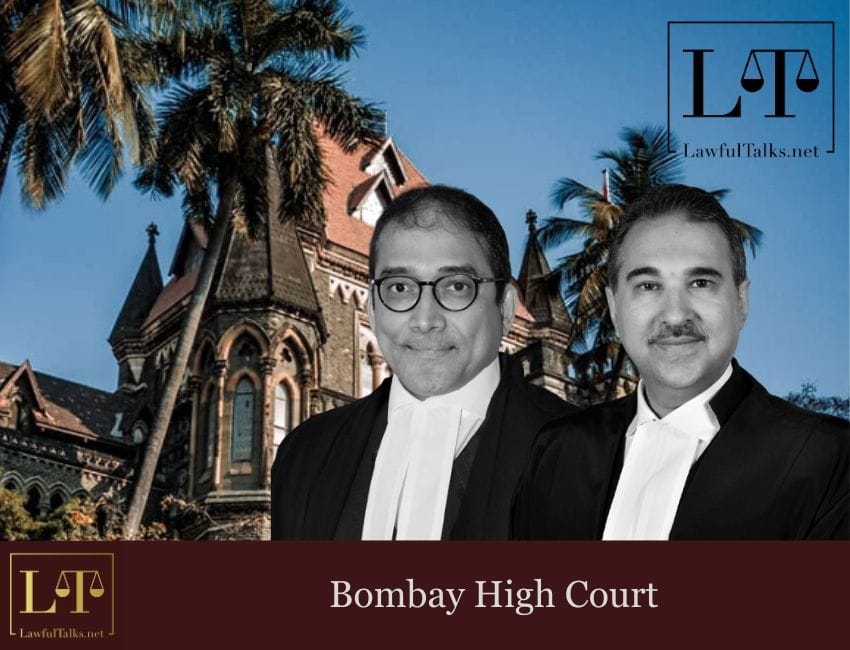Allahabad HC Sets Aside Afzal Ansari's Conviction, Allows Him to Continue as MP

Courts can only intervene to help the election process move forward: Bombay High Court dismisses candidate's petition over rejected nomination in Maharashtra Legislative Assembly Elections.
The Bombay High Court Division Bench comprising Justice Arif S. Doctor and Justice Somasekhar Sundaresan, disposed of the petition challenging the rejection of nomination submitted by the petitioner to run as a candidate in the upcoming Maharashtra Legislative Assembly elections in 'the 173 Chembur Constituency'. The petition was disposed of stating that no grounds were found for intervention under Article 226 of the Constitution, as the petitioner did not administer the oath in time and the nomination form was unsigned by the proposer.

Facts of the cases
On October 30th, 2024, the petitioner's nomination form was declined due to an unsigned form of prosper, despite their name being listed. The petitioner asserted that he sincerely thought the proposer's name ought to be mentioned and that his signature wasn't necessary previously. The petitioner claimed that he was not reminded and was not given the opportunity to fix the defect leading to unjust treatment and undermining the fairness of the electoral process. Petitioner argued that he should have been given the opportunity to correct his mistakes, but the Returning Officer unfairly dismissed his nomination. Given that there was enough time before the election, this Court should step in under Article 226 and let the petitioner's name be placed on the ballot.
Evaluations, Legalities and Decision
The Court stated that elections in question were for the State Legislative Assembly, and as such, they were governed by Article 329 of the Constitution, whose provisions were practically identical to those of Article 243-O in that they forbade courts from meddling in electoral affairs. It was decided that this prohibition would extend to the exercise of jurisdiction under Article 226 of the Constitution.
The Court observed that in case of State of Goa v. Fouziya Imtiaz Shaikh, (2021) 8 SCC 401 (the "Fouziya Imtiaz Shaikh Case"), the Supreme Court, in addressing Panchayat and Municipal elections, issued a ruling on the analogy between the jurisdiction of writ petitions under Article 226 and election petitions, interpreting the same provisions that prohibit judicial intervention in electoral affairs.
The Court stated that in the Fouziya Imtiaz Shaikh Case (above), it was explicitly enacted that writ courts should refrain from interfering during the election process but may do so before it starts or after it is finished, provided that their actions serve and advance the election. The Court ruled that whether a challenge was filed before or after the election, it could not be claimed that the writ courts were completely devoid of any authority under Article 226. Also, it should be noted that interference was justified during an ongoing election if it helped and advanced the election process, instead of undermining it.
In the Fouziya Imtiaz Shaikh Case (supra), the Court emphasized that a writ court's jurisdiction under Article 226 is limited during elections to ensure the progress and smooth functioning of the electoral process. The Court warned that the writ court should be cautious to prevent any interference with the election process beyond a limited scope. The Court specified that the current petition was submitted on 05-11-2024, which was just a day after the release of the final list of candidates on 04-11-2024. The Court stated that the candidates' interests to compete were already established and any interference at this point would disrupt their rights. This would also hinder the ongoing election process and not adhere to the intervention principles in the Fouziya Imtiaz Shaikh Case.
The Court emphasized that corrections highlighted by the Returning Officer must be made before 11:00 am on 30-10-2024. Hence, the Returning Officer could not extend the deadline or allow parties to make further changes after this time. This deadline was clearly outlined in the schedule published by the Election Commission for the scrutiny process. The Court acknowledged that the oath required to be given was not finished by the communicated deadline of 12:00 noon on 29-10-2024, as outlined in the objection checklist provided by the Returning Officer to the petitioner.
The Court declared that an unsigned nomination could be seen as invalid, and the deadline for administering the oath was not met. The Court stated that timing is crucial in an election process, and if any administrative decision disrupts the process, a writ court may intervene. However, in this instance, intervention was not warranted as the oath was not taken on time and the nomination form lacked the proposer's signature. Therefore, the Court disposed of the current writ petition.
Case Details- Aashish Kishor Gadkari v. Election Commission of India
Advocates For the Petitioner: Arshad Shaikh, Senior Advocate, Prashant Trivedi, Khushboo Jain
Advocates For the Respondents: Akshay Shinde, Himanshu Takke, AGP, for State.

Aishwarya Yashwantrao
Advocate, Bombay High Court
Latest Posts
Categories
- International News 19 Posts
- Supreme Court 352 Posts
- High Courts 366 Posts




























































































































































































































































































































































































































































































































































































































































































































































